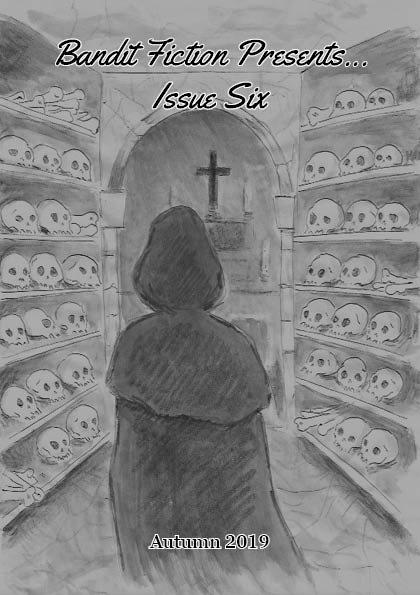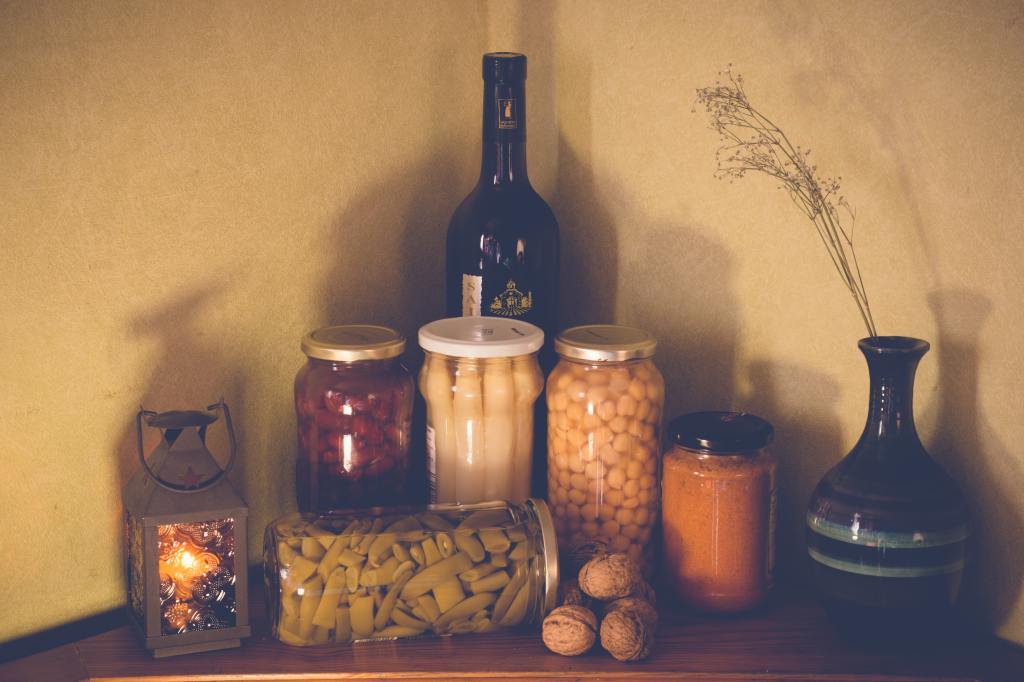
Annette’s father is richer than Croesus, richer than Midas, nearly as rich as Bill Gates. He calls her his golden girl. She has no memory of her mother, of whom nobody speaks. Their house is a mansion, its grounds stretching far beyond the horizon. Annette lives her life within its walls, her needs met by attendants: nursemaids, nannies and, later, personal trainers, swimming and tennis coaches, a beautician, a hairdresser, a masseuse. She has never been to school; tutors come to the house every weekday. Her father makes it clear to the tutors that cameras are in every room, that every keyboard stroke is monitored, every phone call overheard. Annette’s friends are digital; she observes but has little to share.
Every year on the first of June – her birthday – Annette moves to a different bedroom. In the weeks before the special day she is free to choose the décor, the furniture, the location, but cannot enter the room itself. Her father, absent for weeks to nurture his fortune, makes sure he is there for the occasion. When she was little, a birthday tea preceded the unveiling, but ever since her early teenage years it has been a fine dinner with a single glass of rare vintage wine from a crystal goblet. At the end of the meal her father blindfolds her with her linen napkin and leads her to her new domain. He opens the door, takes her in his arms, kisses her on the lips and whispers “Together. Forever.” Then he uncovers her pale blue eyes and gently wipes away the tears of wonder and delight with which she greets each new creation in her honour.
When she is seventeen a new tutor arrives. His predecessor’s phone had revealed on inspection an image of Annette emerging from the outdoor pool, water streaming from her blonde hair, her costume clinging tightly to her newly formed curves. This tutor is a small man in his fifties with wispy ginger hair and a paunch. Whatever the weather he wears a pink shirt and a beige linen suit. Annette’s French, he decides, requires attention. He suggests she corresponds with a young man called Jean-Claude whose father was the tutor’s own pen-friend some forty years before. Jean-Claude is now twenty and eager to improve his English. Annette tells the tutor this would be forbidden, but the thought excites her. They devise a plan; Jean-Claude will write to the tutor’s address and he will smuggle his letters and her replies between the pages of his Petit Larousse dictionary. Jean-Claude will write in French, Annette in English.
The letters become the focus of Annette’s existence, their secretive arrival heightening the intense pleasure she finds from the words. Jean-Claude tells her about his recent summer in Greece, travelling from island to island with his guitar, playing in bars for tips and free drinks. Perhaps next summer when she is eighteen she will join him. There is a remote island where nobody can find them, three ferry rides from the nearest tourist centre. In the only town there is a taverna where he knows Stelios, the owner. In the evenings Jean-Claude will play guitar, she will wait tables and Stelios will provide all the food and drink they need. Above the bar is a room with bare white walls, a simple wooden bed and a single window. There is a little bay a short walk away with hidden steps from the road which few people ever find. They can take bread, cheese, tomatoes, a bottle of wine, pick figs and olives from the trees as they pass, swim from the tiny sandy beach before lunch, turn golden brown beneath the sun. Annette will find release, spread her wings and fly. And at night, in the room above the bar, they can watch the night sky and the shooting stars while cicadas chirrup below them. Jean-Claude suggests other things they might do in the simple wooden bed which make Annette feel hot all over; her replies indicate compliance. But of course it’s all impossible.
Her tutor reads all the letters, helps with translation and offers hope. He smuggles in forms for her to complete, acquires documents, assures her that a passport and a Eurostar ticket will be waiting at his house. The tutor is invited to her eighteenth birthday dinner. He will excuse himself for a visit to the bathroom and blow the main fuse; the two of them will slip away in the darkness and confusion. Jean-Claude will meet her at the Gare du Nord and they will take slow trains through France and Italy to the Brindisi ferry.
“My father will kill you,” says Annette.
“If I can crack this shell which entraps you, my life will have been worthwhile.”
At the dinner her tutor fails to appear.
“You are eighteen,” her father says, “you have no need of him now.” The crystal goblet topples and shatters on the table, a red lake spreading and dripping to the stripped wooden floor. Attendants scurry to clear the mess.
“You realise there is no Jean-Claude,” he says. “The tutor wrote those letters himself. He was trying to take you away from me.”
When the blindfold is tied she is already weeping. “Together. Forever.” The kiss feels fiercer, the embrace tighter. She opens her eyes to see the room she requested with the plain white walls, the single window and the simple wooden bed. When she lies on it she feels everything inside her shrivel and shrink to nothing. No shooting stars are to be seen, no cicadas are to be heard. The only sound is a faint fluttering, the wings of a small grey moth trapped against the windowpane.
This post is brought to you by
Sprinkles and Stitches
The Doorstep Dolls came into the world during the first lockdown, delivered to people’s doorsteps to bring some joy safely. From iconic women to mini me dolls, they are an escape, a reminder of greatness and a mirror image. Every child should be able to see themselves in dolls; and Sprinkles & Stitches offers that with the Doorstep Dolls.

About The Author
Piers Pennington studied Comparative Literature at the University of East Anglia. He is
an occasional contributor to the football magazine When Saturday Comes and his articles
have been included in the anthologies Power, Corruption and Pies and Always Next
Year. For the past ten years he has pursued an interest in short story writing. He has
taken creative writing courses at City Lit in London and is a founder member of the
writers’ collective D-Fen, who aspire to write a new story every two weeks.
Bandit Fiction is an entirely not-for-profit organisation ran by passionate volunteers. We do our best to keep costs low, but we rely on the support of our readers and followers to be able to do what we do. The best way to support us is by purchasing one of our back issues. All issues are ‘pay what you want’, and all money goes directly towards paying operational costs.






















Leave a Reply